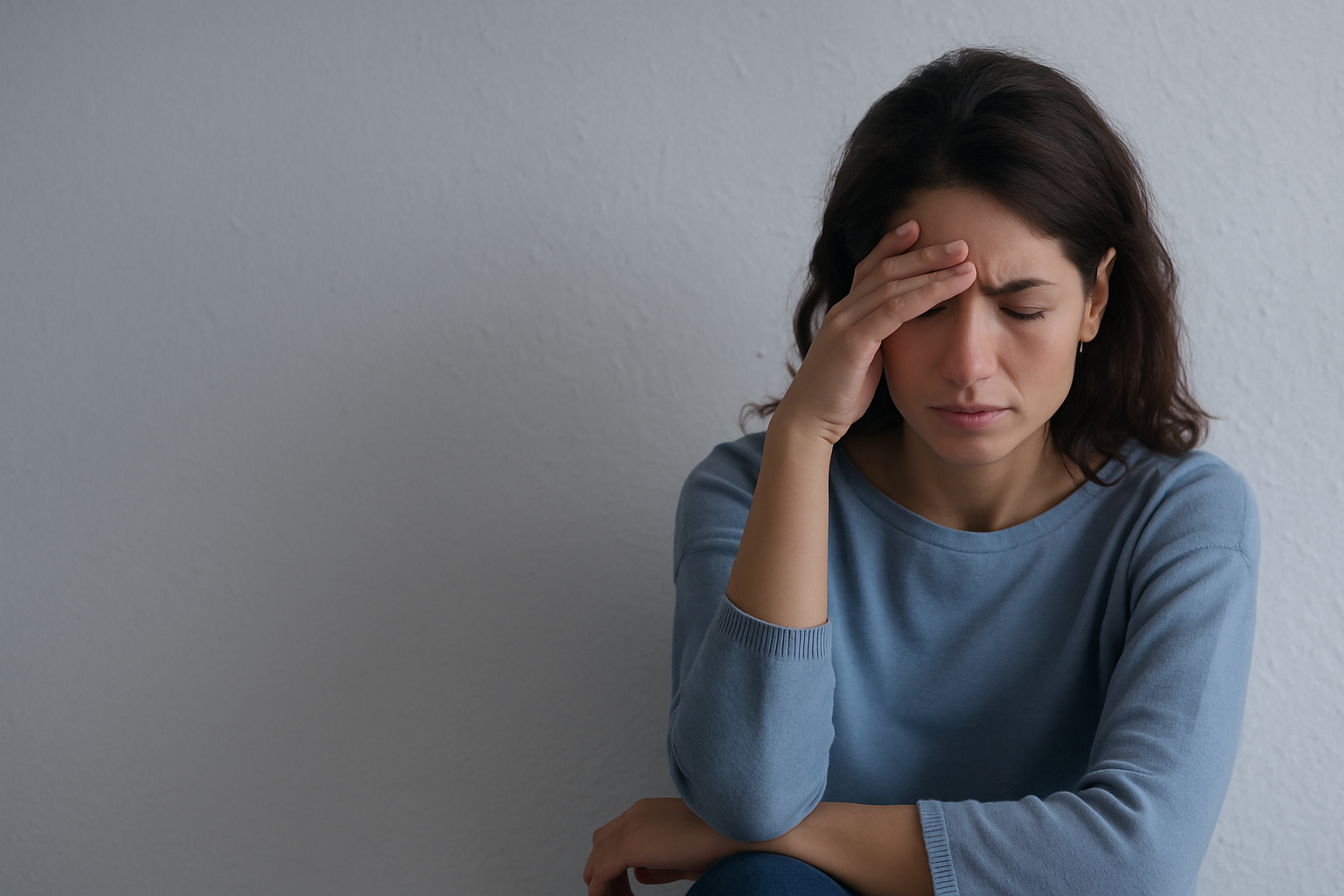In today’s fast-paced and uncertain world, stressful events—whether personal, social, or global—can severely impact mental well-being. Many people experience episodes of anxiety and depression, especially during high-stress times like financial crises, exams, job changes, or personal loss. If left unmanaged, these feelings can become chronic and disrupt daily life.
In this blog, we’ll explore what anxiety and depression are, their common symptoms, and most importantly, how to manage them effectively during stressful periods.
🧠 What Are Anxiety and Depression?
Anxiety
Anxiety is a natural response to danger or uncertainty. However, if you constantly feel nervous, restless, or overwhelmed, even without a clear threat, it may be an anxiety disorder.
Common symptoms include:
- Racing thoughts or overthinking
- Rapid heartbeat or breathing
- Difficulty concentrating
- Muscle tension or headaches
- Avoiding feared situations
Depression
Depression is more than just feeling sad. It is a persistent state of low mood, loss of interest, and emotional numbness that can affect every aspect of life.
Symptoms include:
- Constant fatigue or lack of energy
- Loss of interest in activities once enjoyed
- Difficulty sleeping or sleeping too much
- Feelings of guilt, hopelessness, or worthlessness
- Thoughts of self-harm or suicide
✅ How to Manage Anxiety and Depression During Stressful Times
Here are science-backed strategies to reduce emotional distress and promote mental balance:
1. 🏃 Stay Physically Active
Exercise boosts the production of endorphins—your body’s natural mood lifters. Activities like walking, yoga, or swimming just 30 minutes a day can significantly reduce anxiety and depression symptoms
2. 🍽️ Eat a Balanced Diet
Nutrition plays a vital role in brain function. Include foods rich in:
- Omega-3 fatty acids (salmon, walnuts)
- Magnesium (leafy greens, dark chocolate)
- Vitamin D (sunlight, fortified milk)
Avoid excessive sugar, caffeine, and alcohol.
3. 😴 Prioritize Quality Sleep
Sleep affects mood regulation. Practice good sleep hygiene:
- Maintain a consistent bedtime
- Avoid screens an hour before sleep
- Create a calming nighttime routine
4. 💬 Talk to Someone
Opening up to a trusted friend, family member, or counselor can ease emotional burden. You’re not alone—mental health support is always available.
5. 🧘 Practice Relaxation Techniques
Use deep breathing, meditation, or progressive muscle relaxation to calm your mind and body. These tools lower stress hormone levels and improve emotional control
6. 📝 Journal Your Thoughts
Writing helps you process difficult emotions and recognize negative thinking patterns. Keep a daily gratitude journal to shift focus from stress to positivity.
7. 🔄 Limit Negative Exposure
Cut down on social media, news overload, or toxic relationships that amplify anxiety. Choose calming and uplifting content instead.
8. ⚕️ Seek Professional Help When Needed
If symptoms persist for more than two weeks, consult a mental health professional. Therapy options like Cognitive Behavioral Therapy (CBT) or medication can be life-changing
👪 A Public Health Message
Anxiety and depression are common, real, and treatable. You don’t have to suffer in silence. Raising awareness, removing the stigma, and encouraging early support can save lives.
🌱 Final Thoughts
Managing anxiety and depression during stressful times is not about perfection—it’s about self-awareness, compassion, and consistent effort. Prioritize your mental health like you would your physical health. With the right tools, peace of mind is possible, even in turbulent times.




